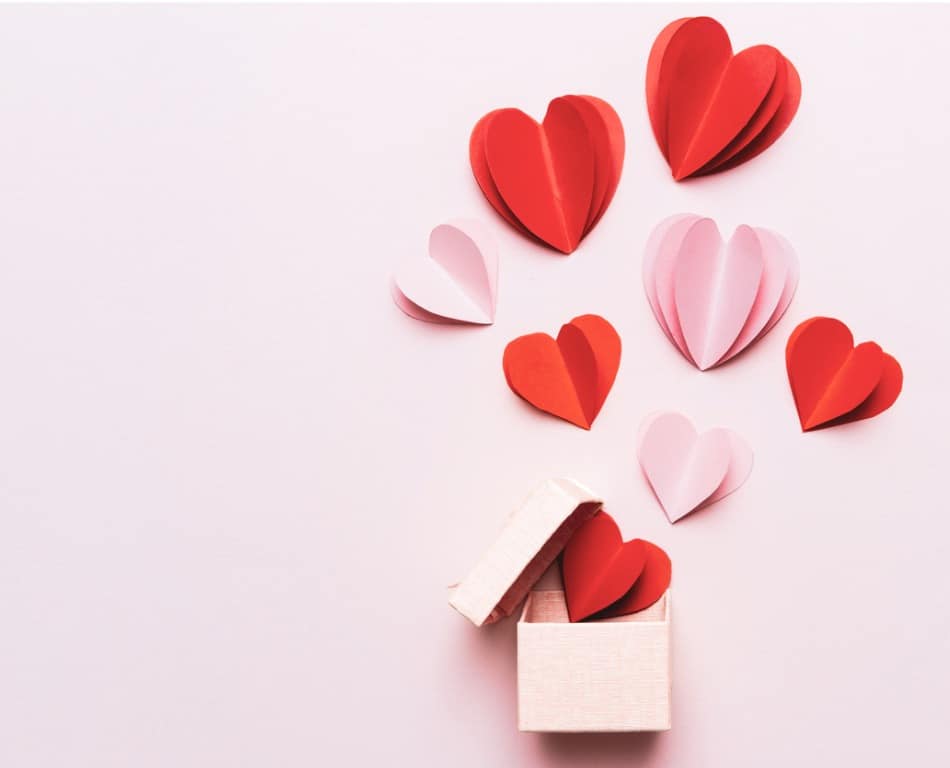Today is Valentine’s Day! WNN compiled some information about romance and dating app scams to keep in mind during February 14 and all year long.
According to the Federal Bureau of Investigation’s (FBI) website, romance scams “occur when a criminal adopts a fake online identity to gain a victim’s affection and trust.” The romance scammer will then use “the illusion of a romantic or close relationship to manipulate and/or steal from the victim.”
The FBI states that romance scammers attempt “to establish a relationship as quickly as possible, endear himself to the victim, and gain trust. Scammers may propose marriage and make plans to meet in person, but that will never happen. Eventually, they will ask for money.”
The Federal Trade Commission (FTC) paints a similar picture of romance scammers, warning consumers that scammers will try to establish a relationship online but will begin to ask for money. According to the FTC, “people reported a record $547 million in losses to romance scams in 2021.”
Romance scammers will say they can’t meet in person, ask you for money, and give you specific directions on how to pay, like through gift cards or wire transfer, according to the FTC. These agencies also include tips on how to avoid being scammed or identity romance scammers. The FTC suggests that if you think you may be a victim of a romance scam:
- “Stop communicating with the person immediately.
- Talk to someone you trust. Do your friends or family say they’re concerned about your new love interest?
- Search online for the type of job the person has plus the word “scammer.” Have other people posted similar stories? For example, search for “oil rig scammer” or “US Army scammer.”
- Do a reverse image search of the person’s profile picture. Is it associated with another name or with details that don’t match up? Those are signs of a scam.”
Similarly, the DOJ provides warnings to individuals on how to eschew romance scams:
- “Be careful what you post and make public online. Scammers can use details shared on social media and dating sites to better understand and target you.
- Research the person’s photo and profile using online searches to see if the image, name, or details have been used elsewhere.
- Go slowly and ask lots of questions.
- Beware if the individual seems too perfect or quickly asks you to leave a dating service or social media site to communicate directly.
- Beware if the individual attempts to isolate you from friends and family or requests inappropriate photos or financial information that could later be used to extort you.
- Beware if the individual promises to meet in person but then always comes up with an excuse why he or she can’t. If you haven’t met the person after a few months, for whatever reason, you have good reason to be suspicious.
- Never send money to anyone you have only communicated with online or by phone.”
